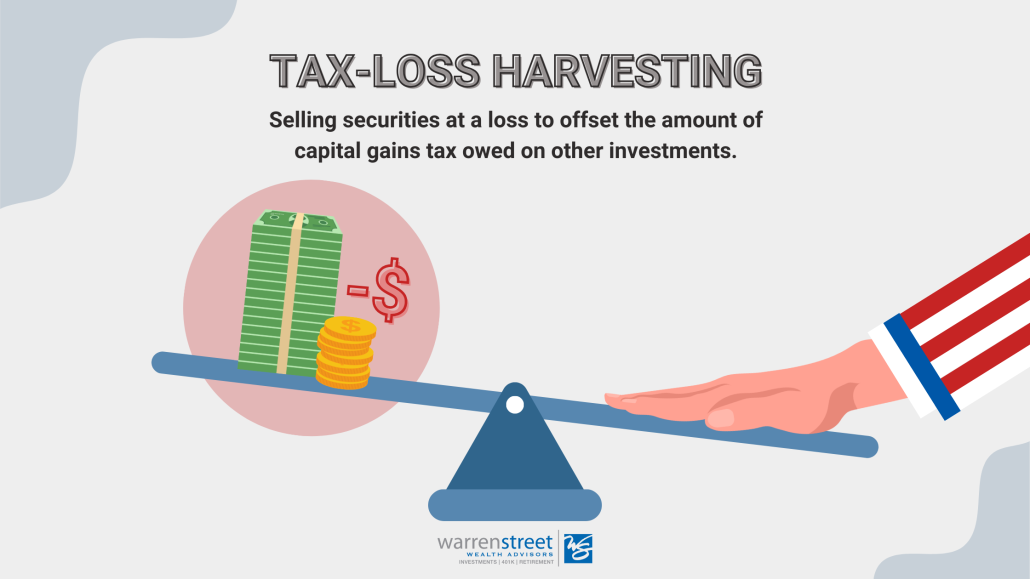Quality Time. Acts of Service. Words of Affirmation. Physical touch. You may know your primary love language, an unofficial classification of the different ways people express and receive love. But have you heard of Money Scripts®?
Money scripts®, a term first coined by financial psychologist Brad Klotz, are the often-unconscious ideas and attitudes we have about money. They are:
- Learned in childhood
- Passed down through generations
- Only partial truths
- Responsible for many financial outcomes
For many people, discovering and exploring their money script® is a valuable step toward improving their financial well-being. Plus, the more you understand your own attitude toward money, the better you are able to explore how your beliefs and assumptions impact your relationships with others. No one money script® is good or bad; the important thing is to understand your primary script and manage it in a healthy way.
Read on to discover your primary money script® and explore some ideas for how you can work with it to develop a healthy approach to managing your finances.
#1: Money Avoidance
People with this money script may view money as inherently evil or negative, and they may go to great lengths to avoid discussions about finances. You might be a money avoider if you’ve thought things like:
- Rich people are greedy.
- I feel guilty about having money.
- People with less money usually have better character than wealthy people.
- Money stresses me out, and I’d rather just not think about it.
Unhealthy Money Avoidance:
When not addressed, people with this money script may ignore financial statements, overspend, or enable others financially.
Healthy Money Avoidance:
Work to pay attention to money at least at a high-level; you don’t have to monitor every penny, but general budgeting and having a financial plan can go a long way in helping you reach your future goals.
–
#2: Money Focus/Worship
Is money on your mind 24/7? Does money seem like the ultimate key to happiness? If so, you may be “worshiping” money without even realizing it. This might be your money script if you’ve had thoughts like:
- I could never have enough money.
- If I buy this, I will be happy (i.e, “retail therapy”).
- My problems would all go away if I just made a little more money.
- My family will understand if I put in extra hours so I can bring home more money.
Unhealthy Money Focus:
The higher people score on Money Focus, the more likely they are to have low net worth or credit card debt. If you find yourself constantly spending in search of happiness, it might be time to make some changes.
Healthy Money Focus:
Our society puts money on a pedestal. Still, it’s important to recognize that money does not equal happiness. Work on flexing your gratitude muscle, perhaps by keeping a gratitude journal. Make time for activities and people you love. And when you feel the impulse to make a purchase, ask yourself, do I really need this item, or am I just buying it for the sake of buying something?
–
#3: Money Status
This money script is similar to #2, but instead of equating money to happiness, a Money Status mentality links money and self-worth. People with this money script view themselves as more “worthy” when they have a lot of money. They may be at risk of overspending and buying flashy, expensive items to prove their status.
You might have a “Money Status” money script if you’ve thought things like:
- This shirt/Apple Watch/car/purse is worth the splurge, because it’s “on brand” for me.
- I like gambling – it helps me make more money to support my lifestyle.
- It’s acceptable to hide purchases from my partner; they wouldn’t understand why I need these things.
Unhealthy Money Status:
In an unhealthy state, people with this money script are at risk for excessive spending, gambling, and financial dependency on others. They may have been raised in a socioeconomic class that prioritized appearances, and might carry that unconscious mindset into their adult lives.
Healthy Money Status:
The key is balance. If you want to treat yourself sometimes, that’s acceptable, but not at the expense of hiding things from your partner or spending money you don’t have. Work on addressing the reasons behind your need to spend, and talk about your spending strategies with your partner.
–
#4: Money Vigilance
On paper, these are the “gold star” money script students. Still, too much of an extreme is never healthy, and it’s possible to be too vigilant. You might have a “Money Vigilance” money script if you’ve thought things like:
- If you can’t buy it in cash, don’t buy it.
- Hard work equals financial reward.
- You can never save enough for a rainy day.
- I’d rather save for a rainy day and my future than spend money on experiences now.
Unhealthy Money Vigilance:
When people are too focused and anxious about their finances, it can keep them from enjoying their present lives. While this money script can emphasize frugality and saving, it can also lead to excessive stress and anxiety that could have been alleviated by financial planning and management.
Healthy Money Vigilance:
Set aside a piece of your budget that is for using now on fun purchases. It’s great to save for the future, but spending on some things you can enjoy now will go a long way in helping you feel a sense of enjoyment and gratitude. Work with a trusted advisor or partner to set a specific time to think about and discuss finances, and focus on living in the moment.
–
By now, you probably have a sense for your own money script. Discuss it with your partner, and talk about what’s similar or different to the way you view money. You might be making assumptions about the other person’s viewpoint without even realizing it, and understanding each other can go a long way in helping you make decisions about money together in the future. Plus, it can be a fun bonding experience over a date night if you approach it with a lighthearted attitude! Let us know your results [in the comments/on our Facebook page/etc.?].
Warren Street Wealth Advisors
Warren Street Wealth Advisors, LLC., a Registered Investment Advisor
The information presented here represents opinions and is not meant as personal or actionable advice to any individual, corporation, or other entity. Any investments discussed carry unique risks and should be carefully considered and reviewed by you and your financial professional. Nothing in this document is a solicitation to buy or sell any securities, or an attempt to furnish personal investment advice. Warren Street Wealth Advisors may own securities referenced in this document. Due to the static nature of content, securities held may change over time and current trades may be contrary to outdated publications. Form ADV available upon request 714-876-6200.










